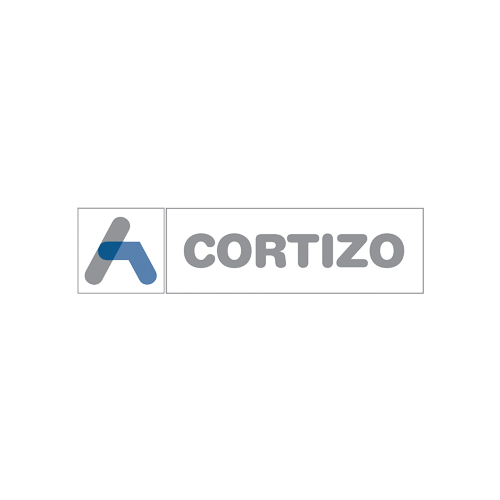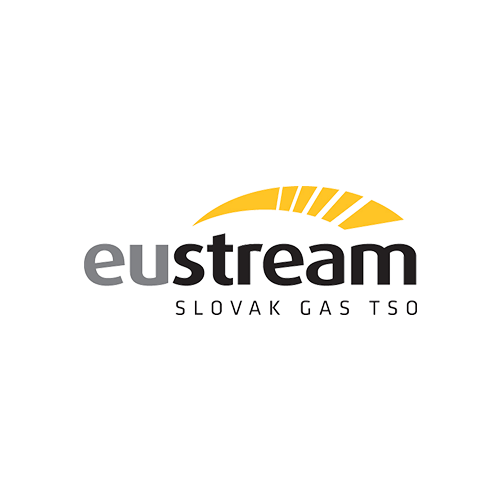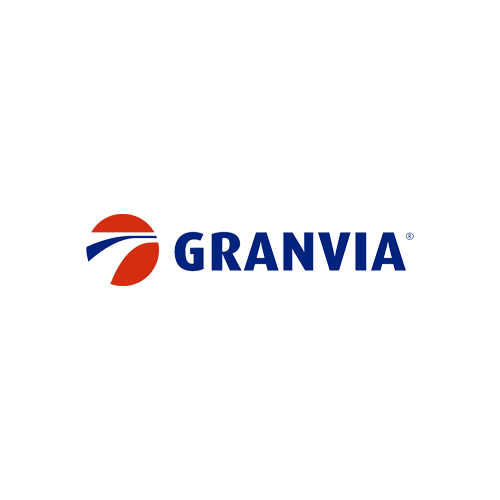
Drone thermal imaging of buildings and houses
Thermal imaging buildings and objects
Today, drone thermography offers non-contact measurement of temperature differences on buildings, green roofs, fault detection on facades, photovoltaic panels and technical elements of the high-voltage grid. Drone thermal imaging (spelled thermography) of buildings, houses and other objects enables rapid inspection and assessment of defects even at inaccessible heights, while saving significant costs.












Benefits drone thermal imaging measurements
Drone thermal imaging is faster and more efficient than conventional methods because it can cover large areas in a short time. Modern thermal imaging drones with cameras capture details that might be overlooked by manual measurements, while stabilization technologies ensure accurate and consistent results. The collected data can be easily stored, analysed and processed digitally, greatly increasing its usability.
Drones combined with geolocation create accurate maps of temperature anomalies, ideal for energy audits or environmental analysis. This technology also allows access to hard-to-reach places and eliminates the risk of working at height. Thus, drone measurement represents a modern, safe and cost-effective way of monitoring and analysing thermal data.
Monitoring of temperature changes and envelope defects
Locating leaks and dampness in flat roofs
Checking for anomalies on photovoltaic panels
Comparison of green roofs with conventional roof systems
Thermographic measurement with moisture and leakage localization
After sunset, when the roof is heated, drone thermal imaging (thermography) can be used to pinpoint the extent of dry and slowly drying areas on the building where moisture is present - i.e. where the roof is cooler. A crack or leak can be expected in a cold spot, caused by unprofessional construction activity, or neglected maintenance, or naturally worn down by the elements.
Thermal imaging of the building envelope
Using drone thermography it is possible to check the condition of the envelope, building or house for possible heat leaks. In this thermographic measurement, the final exact temperature is not important, but the temperature differences. By identifying defects, it is possible to prevent heat leaks, save a lot of money on energy consumption and reduce the energy consumption of the building.
Thermal imaging measurement and fault finding on high voltage lines
From a safe distance, we inspect electrically stressed points on high-voltage lines, transmission systems, small lines, as well as transformer substations. Thanks to advanced technologies, thermographic measurements can quickly and efficiently identify potential problems before they become serious faults, increasing the reliability and safety of the entire system.
Solar panels
Thermal imaging (thermography) measures the functionality of photovoltaic panels and power plants by evaluating thermal changes on the surface of the panels - hotspots that indicate a malfunction, other damage or various anomalies of the panel.
Thermal imaging of buildings, houses, chimneys and premises
We use thermography to inspect buildings, heat-stressed chimneys, various pipes and other technical objects. We also take pictures of the premises in case of insurance coverage (insulation, waterproofing, etc.). Thanks to our thermal imaging, we can quickly detect hidden problems that can cause major damage in the future, ensuring long-term protection and efficiency of the property.
And the price?
The cost of a thermal imaging measurement depends on several factors that affect the overall scope and complexity of the project. While flying the drone itself is fast and efficient, the preparation, flight path planning and subsequent analysis of the captured data can be time-consuming. This stage involves the detailed processing of thermal imagery and the production of a final report, which requires specialist knowledge and specialised software.
Each measurement is tailored to the customer's specific needs to ensure the results deliver maximum value, so we price each project separately.
Inspection and monitoring of high-rise buildings
In addition to thermographic measurement with a drone, we also offer visual inspection. Our drone can safely and legally reach heights where it would be difficult for a human being. Visual inspections with a drone enable inspections and defect assessments of objects at unreachable heights, with significant cost savings
Real-time preview
Online visual inspection of objects and equipment allows you to monitor the status of an object in real time.
In summer and winter
The collection of high-quality visual documentation is possible even in challenging climatic conditions.
Fast operating time
The speed and duration of visual inspections by drone vary according to the extensiveness of the surfaces to be inspected.
Increased security
We use a drone that has visual sensors and can safely move at height between tight objects in an industrial area.
Safety thanks to from a drone
Due to the elements, wear and tear naturally occurs to surfaces on high-rise buildings or facilities. With timely analysis of #zdron imagery and thermal imaging measurements of buildings and other objects, it is possible to prevent fatal devastating consequences and costly repairs.
Buildings
Inspection of old buildings, facades, industrial factories, roofs and various structures where cracks, poor statics, corrosion or other defects can be detected early by drone.
Bridges
Inspection of highway bridges and railway bridges over water and their girders.
Engineering networks
Visual inspection of power poles or conduits will improve network reliability in poorly accessible terrain.
Chimneys and burners
Inspection of active stacks and their flare-ups without the need to suspend production. As a result, maximum production time is maintained, costs are saved and unplanned shutdowns are avoided.
Frequently Asked Questions
What are the advantages of drone thermal imaging measurement?
Drone thermal imaging is fast, accurate and efficient. It allows you to check for heat leaks even in hard-to-reach places, such as roofs or tall buildings, without the need for scaffolding. Modern thermal imaging cameras provide detailed data that is processed into a clear report. This method increases safety, saves time and is suitable for single-family homes, industrial buildings and large complexes.
Why is thermal imaging of buildings, houses and other objects important?
Thermal imaging of buildings, houses and other objects is important because it helps to identify heat leaks, deficiencies in insulation, leaks in windows or doors and other problems that cause energy loss. Early diagnosis allows you to optimize energy efficiency, reduce heating or cooling costs, and extend the life of the building. It is also useful in detecting hidden faults such as damp, overheating electrical wiring or water leaks, helping to prevent major damage. Thermal imaging is thus a key tool for improving the comfort, safety and sustainability of buildings.
Is drone thermal imaging also suitable for family houses?
Drone thermal imaging is also ideal for single-family homes. It helps to accurately identify heat leaks, insulation deficiencies or roof problems without interfering with the interior. The measurement is fast, accurate and allows you to check even hard-to-reach areas such as roofs or gables. You will receive the results in the form of a clear report that clearly shows the problem areas. It's an effective solution to increase the energy efficiency of your home.
How often should thermal imaging measurements be carried out?
The frequency of drone thermal imaging measurements depends on the type of object and its condition. For single-family homes or smaller buildings, it is recommended to take measurements at least every 2 to 5 years to detect insulation problems, leaks or other energy losses early. For commercial and industrial buildings, where energy costs are higher and the consequences of problems are more severe, it is advisable to measure once a year or when there are day-to-day changes in the use of the building (for example, after building alterations or other major interventions). If faults or unusual temperature changes are detected, measurements may need to be taken more frequently.






